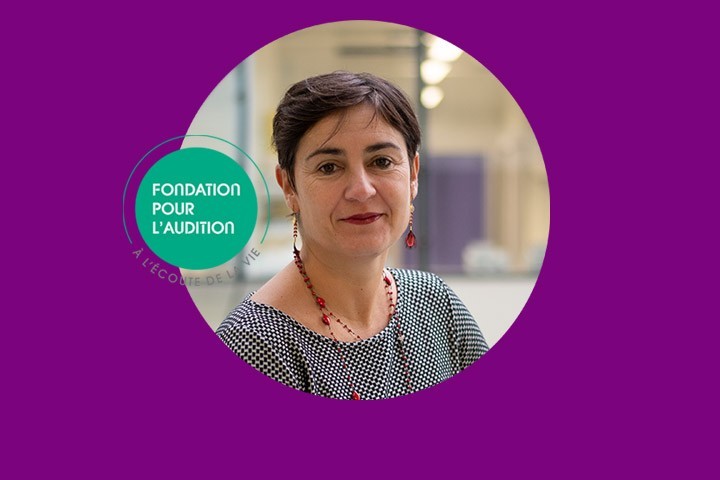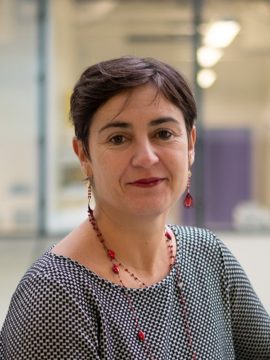
Susanna Pietropaolo laureate of the “Fondation pour l’audition”
Congratulations to Susanna Pietropaolo, from INCIA, who received a grant “Soutien aux laboratoires” from the “Fondation pour l’audition”. She will collaborate with Didier Dulon.
to Susanna Pietropaolo, from INCIA, who received a grant “Soutien aux laboratoires” from the “Fondation pour l’audition”. She will collaborate with Didier Dulon.
Her project :
Identifying novel molecules targeting BKCA channels as a treatment for hyperacusis and tinnitus
Hyperacusis (exaggerated perception of the loudness level of sounds) and tinnitus (perception of a “ghost” sound different from the background) co-occur in an important part of human general population, having a dramatic impact on the life quality of the affected individuals. Pharmacological approaches specifically treating these acoustic alterations are not available, therapies being limited to helping the patients dealing with these pathologies during their daily life. This project aims therefore to identify –through studies in mouse models- novel pharmacological treatments for these acoustic abnormalities in the normal population, as well as in individuals affected by selected neurodevelopmental disorders (NDDs) characterized by hyperacusis. We will focus on two molecules acting on calcium-activated potassium channels (BKCa channels), since alterations in the functionality of these channels have been linked to hyperacusis and tinnitus in rodent non-genetic models. Reduced expression/functionality of these channels has been also described in patients of two NDDs presenting hyperacusis, i.e., Fragile X syndrome (FXS) and William-Beuren syndrome (WBS), as well as in their related genetic mouse models. This project will test the efficacy of two novel BKCa opener molecules on hyperacusis/tinnitus in wild-type mice, as well as in Fmr1-KO and CD mice, i.e., the mouse models of FXS and WBS. To this end, we will combine acute/chronic systemic administration of our molecules with behavioural, molecular and electrophysiological analyses, thus elucidating the role of BKCa channels in the etiopathology of acoustic dysfunction. The results obtained will therefore contribute to advancing our overall understanding of acoustic functions, and to promote the designing of novel pharmacological interventions to treat the major acoustic pathologies of tinnitus and hyperacusis, both in the absence and presence of genetic mutations. The two molecules we will employ are already available to the market, although not for the treatment of acoustic dysfunction, and could therefore be rapidly applied to hyperacusis/tinnitus in a repurposing context. Furthermore, the use of genetic mouse models of NDDS enables this project to help identifying the role of acoustic alterations in the etiopathology of these complex pathologies, including several other behavioural abnormalities. This issue is of crucial relevance, as sensory overcharge –and acoustic in particular- may represent a key therapeutic target for treating these NDDs.
About the call
https://www.fondationpourlaudition.org/
Last update 05/10/20
